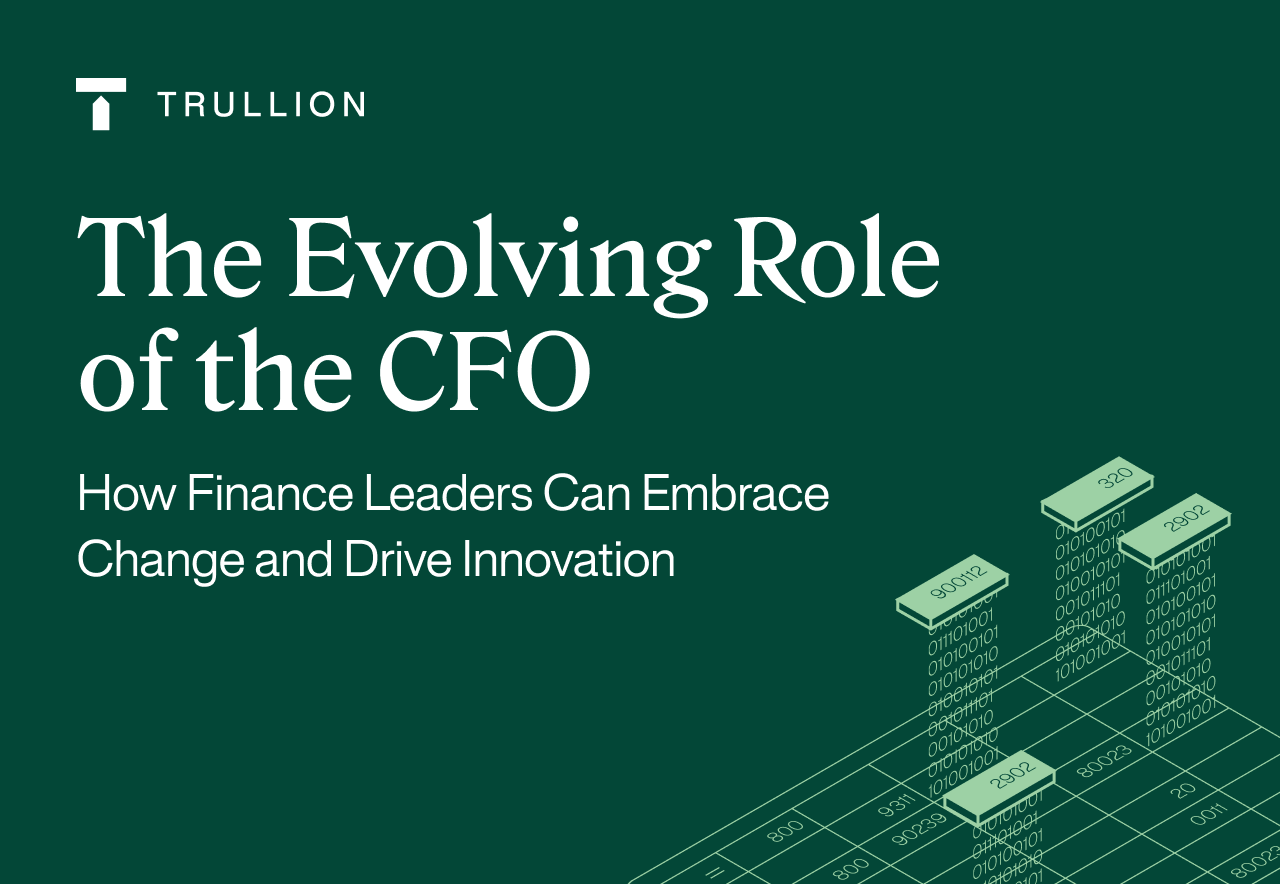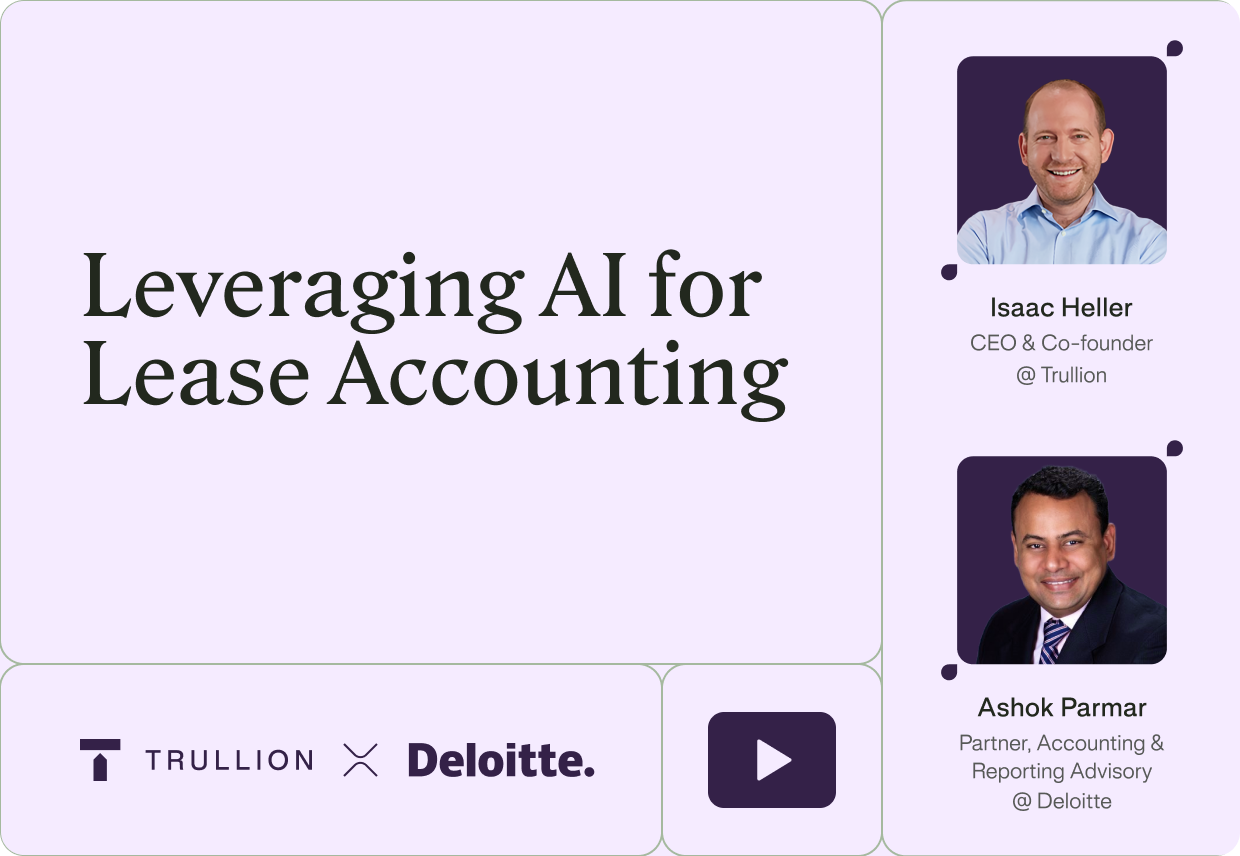The new CFO
The CFO used to have a reputation within the organization as being the conservative voice within the C-suite; the one who blocked initiatives due to budgetary constraints, and who sat in a far-off office working on financial reports.
This is changing radically, as CFOs are evolving to embrace change and drive innovation.
As the Journal of Accountancy puts it, quoting Tom Hood of the Association of International Certified Professional Accountants, “This leader might once have functioned as the ‘CF-No,’ or someone who held the purse strings and often blocked plans or expenses that didn’t fit the budget. Today, the role has transformed into that of the ‘CF-Know,’ someone with a holistic grasp of the entire business and how it creates value and who uses that knowledge to provide insight.”
How and when did this role evolve? And what does the future look like for the successful CFO of the future?
The changing role of the CFO and finance leaders
Several factors converged to push the CFO role forward into a more proactive, forward-looking position, rather than one mostly focused on reporting historical information.
Rapid pace of change
The pace of business in general is quickening. Faster communication, globalization, automation, digitalization, an emphasis on growth, and other key factors mean that change is occurring swiftly, and companies need to be prepared for that change.
CFOs are typically highly trained, broadly experienced, and have visibility into the entire organization – making them perfectly placed to be that strategic guide, looking ahead at the opportunities and threats beyond the horizon, and ensuring that the business is suitably set up to mitigate risks and capitalize on strengths.
Macroeconomic shocks
From COVID-19 to a recession, the past few years have been particularly turbulent. With many companies under increased pressure, stakeholders are especially keen to see value generation. CFOs are not excluded from this expectation and therefore are looked upon to provide their unique perspectives, be change agents, drive new initiatives, and contribute directly to the organization’s overall success.
Generating holistic value
Value today is about more than just earnings per share. Elements such as environmental, social, and governance (ESG) impact are becoming increasingly important to stakeholders. Given the nature of these metrics, it often falls to the CFO to take responsibility for these aspects of the business – not just in reporting, but in driving results.
Technological innovation
Perhaps the greatest change in terms of the CFO role is in the area of technological innovation. Accounting has traditionally been a human-intense process, with much manual work required, often in a mind-numbingly repetitive way.
Technology has replaced much of this labor-intensive work (think uploading, tracking, and reporting on lease accounting details for example) and therefore freed up the accounting team – and the CFO specifically – to focus on high-value, high-impact, strategic initiatives.
Further, as more and more data is being generated, human beings just cannot keep up. A CFO, unsupported by technology, cannot go over large data sets and spot trends or anomalies. Leveraging innovations including AI and machine learning, however, the CFO can have all of their questions answered instantly, and be able to present their findings confidently.
Benefits of adopting a more strategic approach to finance
Adopting a forward-looking approach to finance brings incredible benefits. These benefits are enjoyed by finance leaders, their teams, and other organizational stakeholders such as shareholders.
For too long, bar some exceptions, the CFO has not been tasked with providing a strategic approach to add value to the business. By encouraging this, numerous benefits can be unlocked:
Enhancing financial analysis
Analyzing data is one thing. But drawing action-oriented conclusions is quite another. By focusing on the “what now” outcomes of financial analyses, CFOs can propose strategic plans that can drive the business forward.
Developing new business models
By being more strategic, CFOs can add value in other ways; for example by proposing new business models, making the case for new markets or product lines, encouraging more efficient production processes, and other high-impact initiatives.
Leveraging emerging technologies
For the modern CFO, technology is both an enabler and a force multiplier. It’s technology that enables the CFO to be more strategic, while technology can also be leveraged to drive innovation within the business.
Practical tips for embracing change and driving innovation
It’s one thing to want more change and innovation, and another to actually make this a reality. Here are some practical tips to reach your goals quicker.
Build a culture of innovation and creativity within the finance function: management guru Peter Drucker famously said that “culture eats strategy for breakfast.” He meant that having the right culture in place is far more important than a strategy imposed on an organization. Start with your finance team, and give your team members the tools and confidence to innovate and be creative.
Foster cross-functional collaboration: in silos, creativity and innovation are stifled. By encouraging cross-functional collaboration, for example, by setting up a task force comprising a diverse range of skill sets, you can unlock game-changing ideas.
Develop new skills and expertise: teams should focus on constantly growing and adding to their skill sets. Staying abreast of the latest technologies is a huge part of being able to innovate successfully.
Create a safe space for innovation: trying new things can be scary, especially when it comes to technology. By creating a space where experimenting is rewarded, and showing excitement around emerging technologies, you can empower your team to embrace change.
The finance leaders of tomorrow
As McKinsey puts it, “Now is the time for finance leaders to lean into the evolution of their roles and reassert themselves as strategic partners and digital enablers to the business.”
By embracing change, and driving innovation, particularly through the promotion of new technologies, CFOs can demonstrate the strategic leadership that they are capable of.
To learn more about one of the most exciting technologies for accounting teams out there – Trullion’s AI-powered automated accounting software – get in touch with a product expert today.







